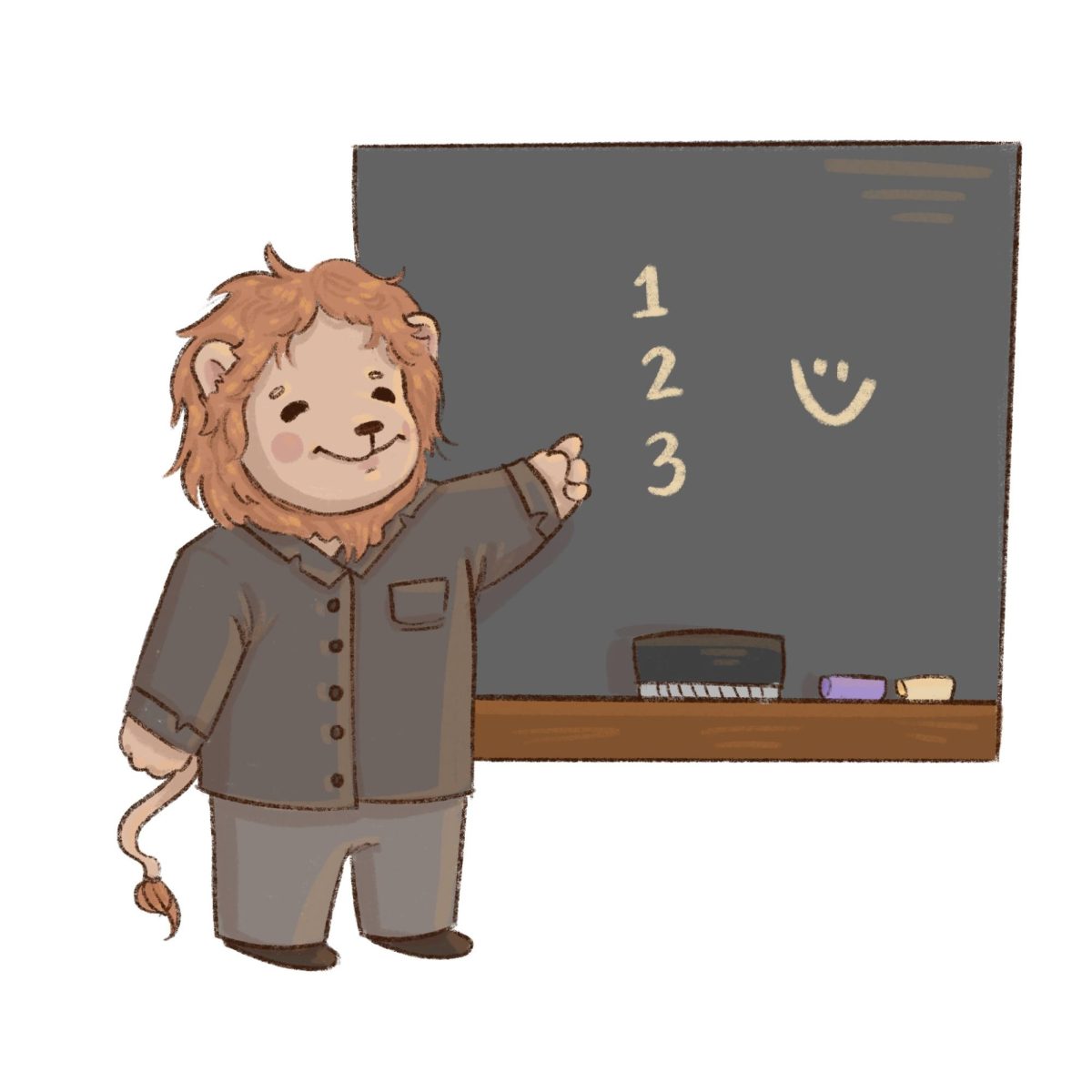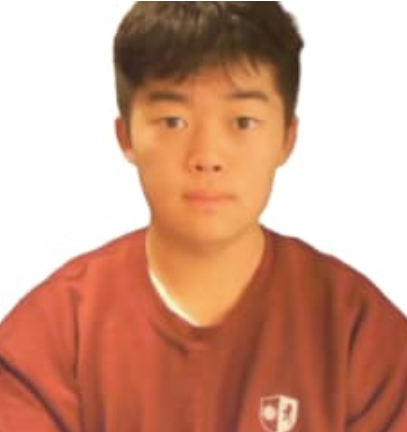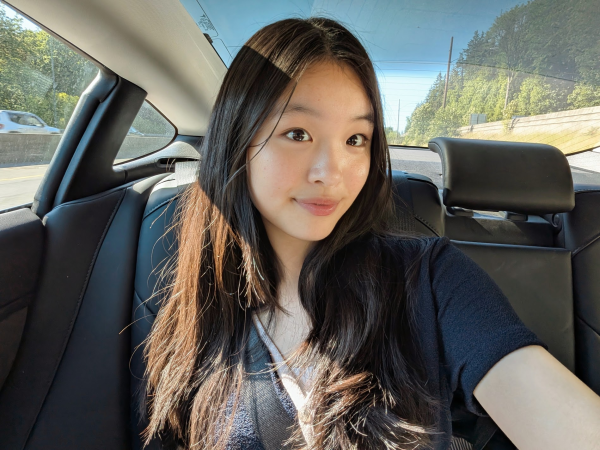Research is a passion that many here at Lakeside have — from oceanography to artificial intelligence and number theory to comparative literature, Lions have a diverse array of interests that converge on one key idea: organized investigations in order to establish new conclusions and facts.
One of these interests is mathematics, and of the many mathematical research opportunities that exist, PRIMES-USA – a national program directed by the Massachusetts Institute of Technology (MIT) – is consistently popular with Lakesiders. Primarily, it accepts high school juniors along with a small number of sophomores, and the program has developed partnerships with high-ranking universities across the country, including University of Illinois Urbana-Champaign, University of Washington, Stanford, Cornell, Penn State, and University of Michigan.
We sat down with a recent Lakeside graduate and PRIMES alum, Michael Y. ’24, to learn more about what it was like to participate in the program. A lightly edited version of our interview follows.
Matthew Kim (MK): How difficult was PRIMES and what does doing the research look like?
Michael Yang (MY): Yeah, so PRIMES was quite hard; you’re essentially working on an open problem which nobody has solved before. So you don’t really know what’s going to happen, and I found that quite fun! The research itself is a mix of strategizing what you want to think about, reading existing literature and papers, and working on your problem.
MK: That’s pretty cool! What did you enjoy about the program and if you want to do it again what would you want to change about it?
MY: One of the things I enjoyed the most about the program was that I got to interact with my mentor one on one. He was a postdoc at MIT, and especially as an undergrad, now I realize how rare that opportunity is even for undergrads. To interact with a mentor one on one. So to have that experience in high school was amazing. If I were to change something, I guess the folk within PRIMES didn’t really interact with each other that much. But of course that’s hard to facilitate and not really a part of the program. So I can’t think of anything to change about it. I’m super grateful to the PRIMES organizers for this amazing opportunity!
MK: What was your research about?
MY: So the idea of what I was trying to do is that there’s this problem in computational complexity which asks which functions can be computed by sufficiently simple “linear circuits” (i.e. computer programs). And this has been an open area of research for 50 years. I didn’t solve this of course, but what I did do was that I expanded the collection of known functions that can be computed in a short time using these simple programs. MK: That’s really impressive! I’m also curious, do you think PRIMES relates to competition math and your success there?
MY: I don’t think they relate too much– competition math and research math are two very different things. I think that competition math has helped me build the problem-solving skills I used in PRIMES. And haha thank you 🙂
MK: That’s cool! Do you have any suggestions/wisdom for students who are interested in math at Lakeside? Do you recommend primes for anyone? MY: It sounds more impressive than it is. I think that it can be really easy to get caught in the results, especially because there are these cutoffs in competition math. But I wish that when I was starting, I wouldn’t have cared so much. My best results came when I stopped caring as much about the results and started to love the math that I was doing for its own sake. So I promise that if you find joy in doing math, the results will follow. And yeah, I recommend PRIMES for anyone who’s wondering what math research is like!
MK: Yeah! Sounds really fun! How did you balance your research with schoolwork and other activities?
MY: I just did it when I was done with homework. And I did it on weekends. But you don’t need to do that. I just wanted to. I guess I didn’t have an explicit plan. It was really flexible.
MK: If you could work on another topic in the future what would it be?
MY: That’s a question I’m asking myself now. Definitely something in probability or graph theory. Maybe more in the computer science space of randomized algorithms.
This interview has been edited for clarity by Brian H. ’27
Applications for PRIMES-USA open on October 1st and are due November 18th. Sophomores and juniors are eligible to apply.



